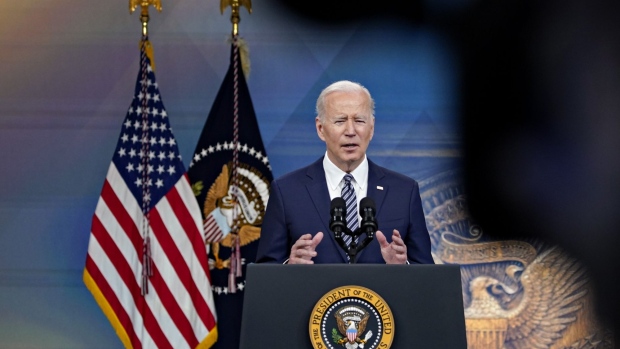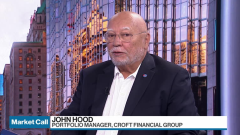Apr 1, 2022
IEA Nations Agree to Join Biden’s Massive Oil-Stock Release
, Bloomberg News

(Bloomberg) -- Several U.S. allies will join President Joe Biden’s unprecedented deployment of oil stockpiles in an effort to ease the economic damage from high energy prices.
Members of the International Energy Agency agreed on Friday to make another round of releases from their emergency fuel reserves, said Hidechika Koizumi, the director of the international affairs division at Japan’s trade ministry. The timing and volumes of the releases from each country will be decided at a later date.
Biden said on Thursday that his administration will sell 1 million barrels of oil a day from U.S. crude stockpiles for six months to ease the surging cost of gasoline in the wake of Russia’s invasion of Ukraine -- something he described as “Putin’s price hike.”
The president said he expects allies in the IEA to agree to release an additional 30 million to 50 million barrels from their own reserves. In addition to Japan, the U.K. will also tap its stockpiles, according to two people familiar with the matter.
This will be the second coordinated deployment of oil stockpiles in just a few weeks. A month ago, IEA members agreed on a 61.7-million barrel release, with 30 million coming from the U.S. and 2.2 million from the U.K. It had a limited effect on prices as Russia’s invasion of Ukraine threatened to trigger one of the biggest oil-supply disruptions in history.
The Paris-based IEA said it will provide further details early next week on the stockpile deployment, the fifth co-ordinated intervention since the agency’s creation in 1974.
“Russia’s war in Ukraine continues to put significant strains on global oil markets,” it said in a statement. “This is taking place against a backdrop of commercial inventories that are at their lowest level since 2014 and a limited ability of oil producers to provide additional supply in the short term.”
IEA Executive Director Fatih Birol has expressed disappointment with the inaction of Saudi Arabia and other members of the OPEC+ coalition, which has rebuffed calls to fill in the gap left by Russia. While indicating that it sees no immediate shortage, the kingdom appears to be acting out of loyalty to Moscow, with which it jointly leads the OPEC+ cartel.
(Updates with IEA statement in sixth paragraph.)
©2022 Bloomberg L.P.






